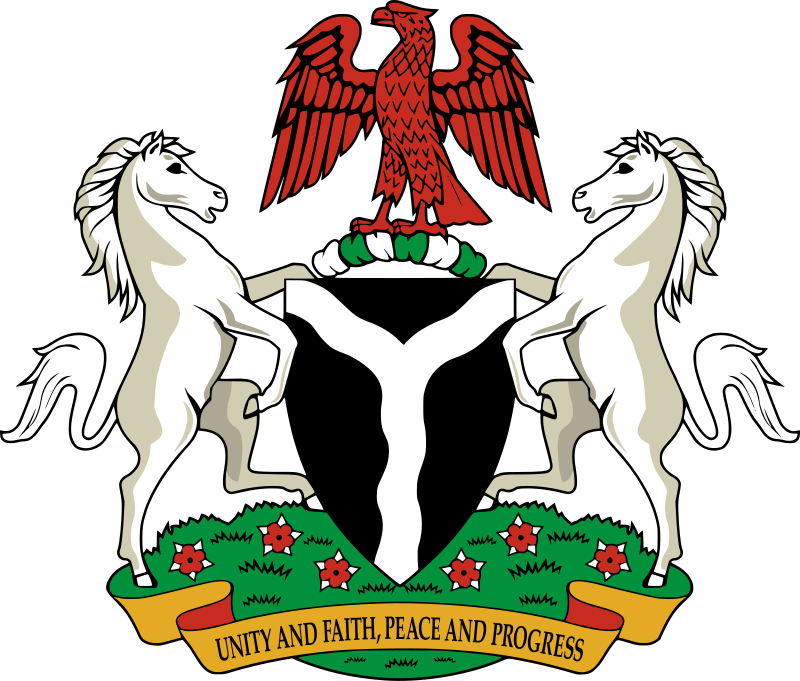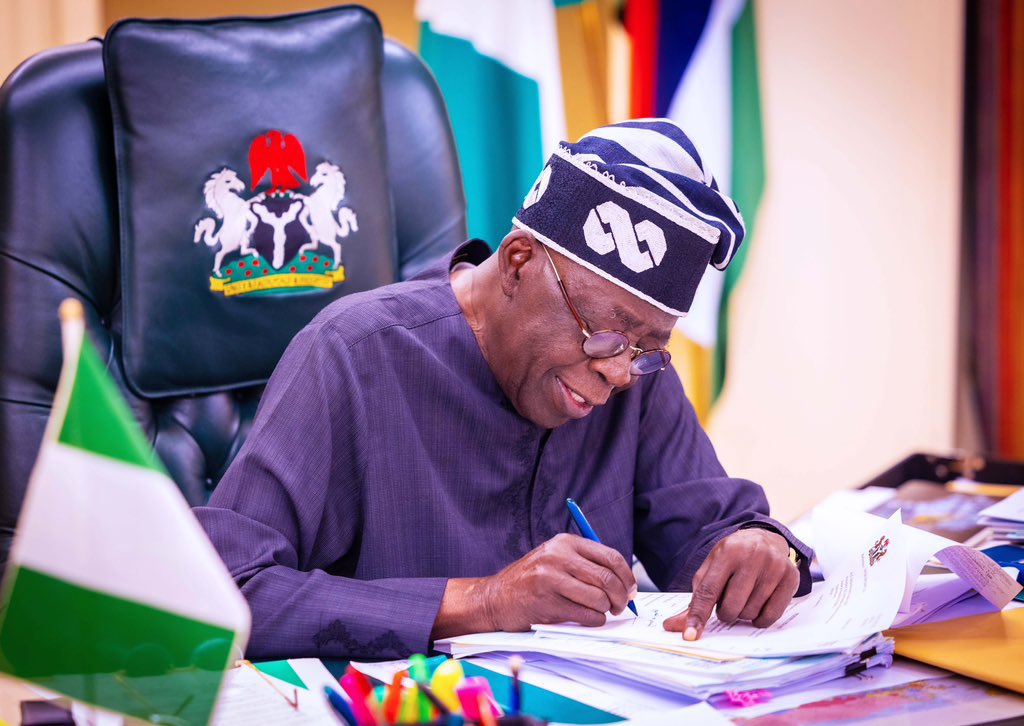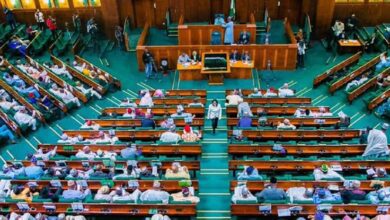
Governors under the auspices of the Nigerian Governors Forum (NGF) has declared that the N60,000 minimum wage for workers as proposed by the Federal Government is not sustainable, therefore, cannot fly.
The Director of Media and Public Affairs for NGF, Halimah Salihu Ahmed, disclosed the governors’ position in a statement issued on Friday.
Recall that the N60,000 minimum wage proposed by the Federal Government was rejected by the organised labour, before the agreement was signed for the review of the amount.
The tripartite committee of the federal government is on the verge of announcing the reviewed amount with rumour having it that the federal government may propose an amount above N100, 000.
The governors while acknowledging that a new minimum wage is due, noted that wage negotiations involve consequential adjustments across all cadres, including pensioners.
They explained that N60,000 minimum wage proposal is not sustainable and cannot fly, because many states will spend all their FAAC allocations on just paying salaries with nothing left for development purposes.
The statement read thus: “The Nigeria Governors’ Forum (NGF) is in agreement that a new minimum wage is due. The Forum also sympathises with labour unions in their push for higher wages.
“However, the Forum urges all parties to consider the fact that the minimum wage negotiations also involve consequential adjustments across all cadres, including pensioners.
“The NGF cautions parties in this important discussion to look beyond just signing a document for the sake of it; any agreement to be signed should be sustainable and realistic.
“All things considered, the NGF holds that the N60,000 minimum wage proposal is not sustainable and cannot fly. It will simply mean that many states will spend all their FAAC allocations on just paying salaries with nothing left for development purposes.
“In fact, a few states will end up borrowing to pay workers every month. We do not think this will be in the collective interest of the country, including workers.
“We appeal that all parties involved, especially the labour unions, consider all the socioeconomic variables and settle for an agreement that is sustainable, durable, and fair to all other segments of the society who have legitimate claim to public resources.”






